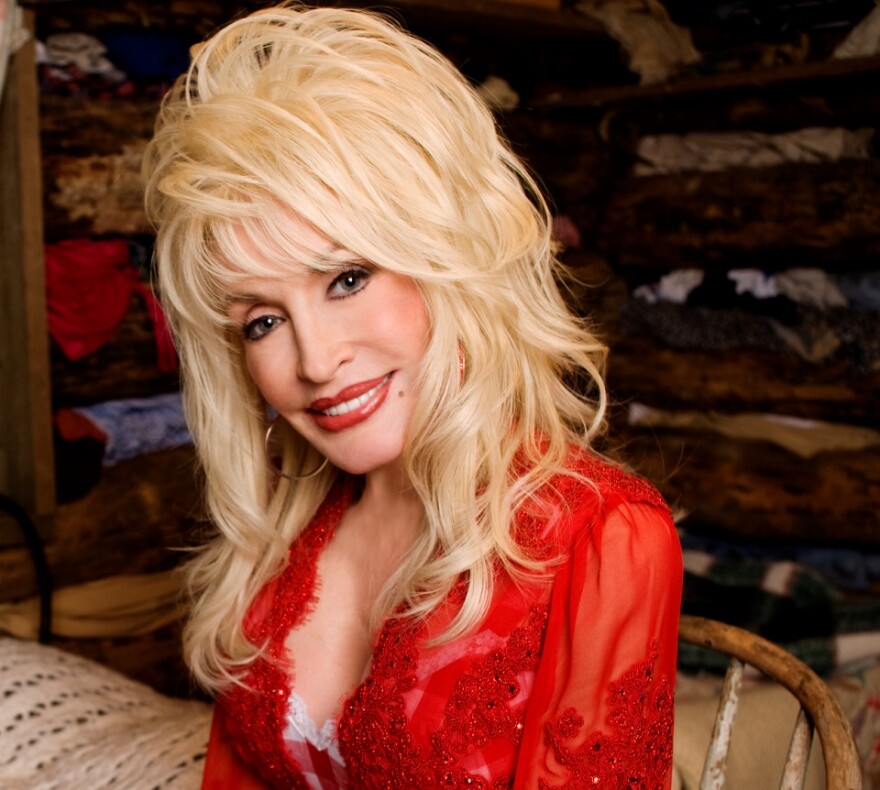It’s been two years since wildfires burned Western North Carolina and devastated the town of Gatlinburg, Tennessee. Country music superstar Dolly Parton stepped up to help rebuild Sevier County through an unconventional policy.
Western North Carolina had been dealing with wildfires for more than a month when flames scorched Gatlinburg, leaving fourteen people dead and damages in the millions of dollars. The fire that devastated the town started in the Great Smoky Mountains National Park.
CEO of the Dollywood Foundation David Dotson remembers the first meeting they had just two days after the fires:
“Dolly was on tour and she called in to say what can we do and how quickly can we do it?” says Dotson. “Her hometown means so much to her. She always calls it her Smokey Mountain DNA.”
The My People’s fund gave $1000 per month to about 900 families impacted by the fire - regardless of income - for 6 months. But the Dollywood Foundation received so many donations they increased the amount to $5000 the final month. They also opened an additional organization called Mountain Tough to help families on a case-by-case basis and clean up homesites.
In total, $12.5 million dollars went to the people of Sevier County from the foundation.
“For her, and for anybody who lives here or anybody in a community that has been impacted by a disaster, you feel an obligation to help in anyway that you can and she’s no different,” says Dotson.
That giving caught the attention of Dr. Stacia Martin-West at the University of Tennessee.
“I’m actually from Appalachia, so this spoke to me when I was driving home (actually listening to NPR) and I heard about the My People Fund,” says Martin-West.
“It’s an unprecedented opportunity to study an unconditional cash transfer in the context of an environmental disaster.” She is also working on the new guaranteed basic income program in Stockton, California, the first city-led program of its kind in the country.
Martin-West studies housing affordability and anti-poverty incentives. This kind of no-strings-attached money provides a guaranteed basic income for families - and the My People Fund gave her a chance to study how that works in practice after a natural disaster.
For the study, about 200 My People participants filled out two surveys in April and December of 2017. Her key findings She found that the majority of people had rented or bought homes one year after the fire and had an emergency fund. The percentage of people in the study who had an emergency fund actually exceeded the percentage of Americans who have money saved up in case of a disaster.
Martin-West says this could mean that many people saved the money from the My People Fund or used it as a down payment on a home.
One criticism of guaranteed income, according to Martin-West, is that people will stop working full-time if they have guaranteed income. She says that wasn’t the case with a single full-time worker in the study.
Martin-West hopes this brings more to the conversation around unconditional cash transfers and guaranteed income.
Martin-West shared a lesson that Dotson told her in one of their first meetings: “If you approach a program like this with the idea that people are good and they know what is best for their families then good things will happen.”
The Dollywood Foundation ended their services in December by giving additional funds to nonprofits in Sevier County.







